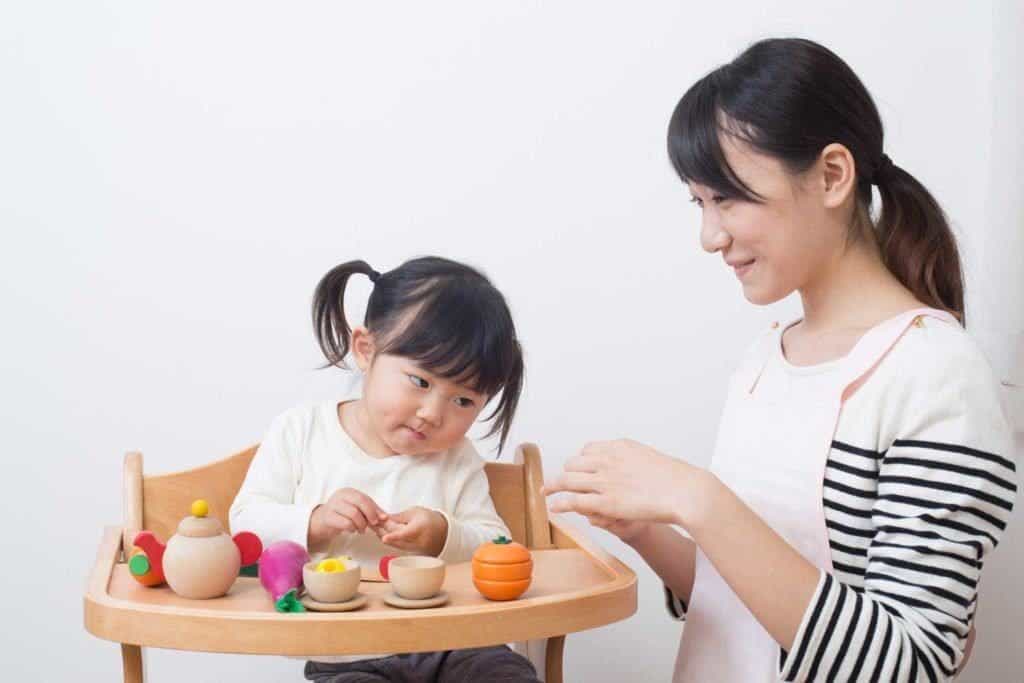Contents:
- Medical Video: Teachers College Diabetes Education
- Emergency procedure
- General responsibility in class
- Physical education, field trips, extracurricular activities and examinations
Medical Video: Teachers College Diabetes Education
If you have students in your class who have diabetes, understanding a few simple things about diabetes can help them benefit greatly from your class, and make your mind calmer.
But diabetes does affect each child differently, so it is important to read Individual Treatment Plans (Individual Healthcare Plan / IHP) they understand better how diabetes affects them personally. Understanding children's IHP is part of your school's responsibility to children with diabetes.
Emergency procedure
An emergency for children with diabetes means there is an incident that requires immediate treatment. In many cases this is usually hypoglycemic or hyperglycemic.
If you teach children with diabetes throughout the school year, it is very likely they will experience hypo — low blood sugar levels — or hyper-high blood sugar — during your studies. Making sure you know what to do is crucial. What exactly you have to do is explained in their IHP.
The severity of hypo usually varies. Hipo is generally treated with sweet drinks or food. You should always allow children or staff members who are trained to treat hypo immediately. Delaying treatment will only reduce blood sugar more and lead to hospital treatment.
If a child experiences hypo or hyper don't let them leave the class, and they may not be left alone or treat themselves alone. Remember, hypo sufferers are usually difficult to balance and feel like they are, so they should be allowed to immediately recover wherever they are.
Child IHP will provide information about who you should tell if he experiences hypo or hyper. In general, you should notify trained staff members, school nurses (if any), and the child's parents or guardians.
Chances are you will have to call an ambulance because of childhood diabetes, but this might happen. Child IHP will show this information and trained staff members and parents must be linked at this stage.
General responsibility in class
Remember that diabetes is different for each child and you have a responsibility to treat each child as one individual.
Children's IHP will provide information about triggers and hypo and hyper symptoms. This can help you know when their blood sugar levels are too high or low.
Although hypo affects children differently, several problems that are often faced include loss of concentration and changes in behavior. Sometimes children who experience hypo or hyper will become fussy and naughty and this is something they cannot control. Keep this in mind when you consider school behavior policies.
A child with diabetes will definitely go for a medical examination. Their absences should not be calculated because of this examination. Health policy in your school must explain how health checks count on absences.
Whether it is due to a doctor's examination, or the child has spent half an hour studying because of the incident of hypo, or illness, a child with diabetes may go through several lessons and need to catch up. Their IHP will explain what you have to do to help them catch up.
Depending on your age, a child should know about their condition, so it is important that you do not ignore their views on their diabetes.
If a substitute teacher replaces your class, they should be informed of a child with diabetes in your class. Your school's health condition policy will explain how the substitute teacher was informed about this and by whom. Maybe this is your responsibility.
Do not do any medical procedures if you are not trained.
Physical education, field trips, extracurricular activities and examinations
Do not let a child not be included in a field trip, physical education, or extracurricular activities just because of diabetes.
If you bring a child with diabetes for physical education or exercise at school, then you should know how they manage their diabetes before, during and after the activity. They will need a safe place to store the equipment.
If you are planning a trip, whether it's at the local library or staying for a week, you need to make sure how children with diabetes can participate. This can form part of your risk assessment.
For long trips, especially staying, you should meet the child, the child's parents, trained school staff members, the child diabetes specialist nurse to approve and support the child's need to participate.












